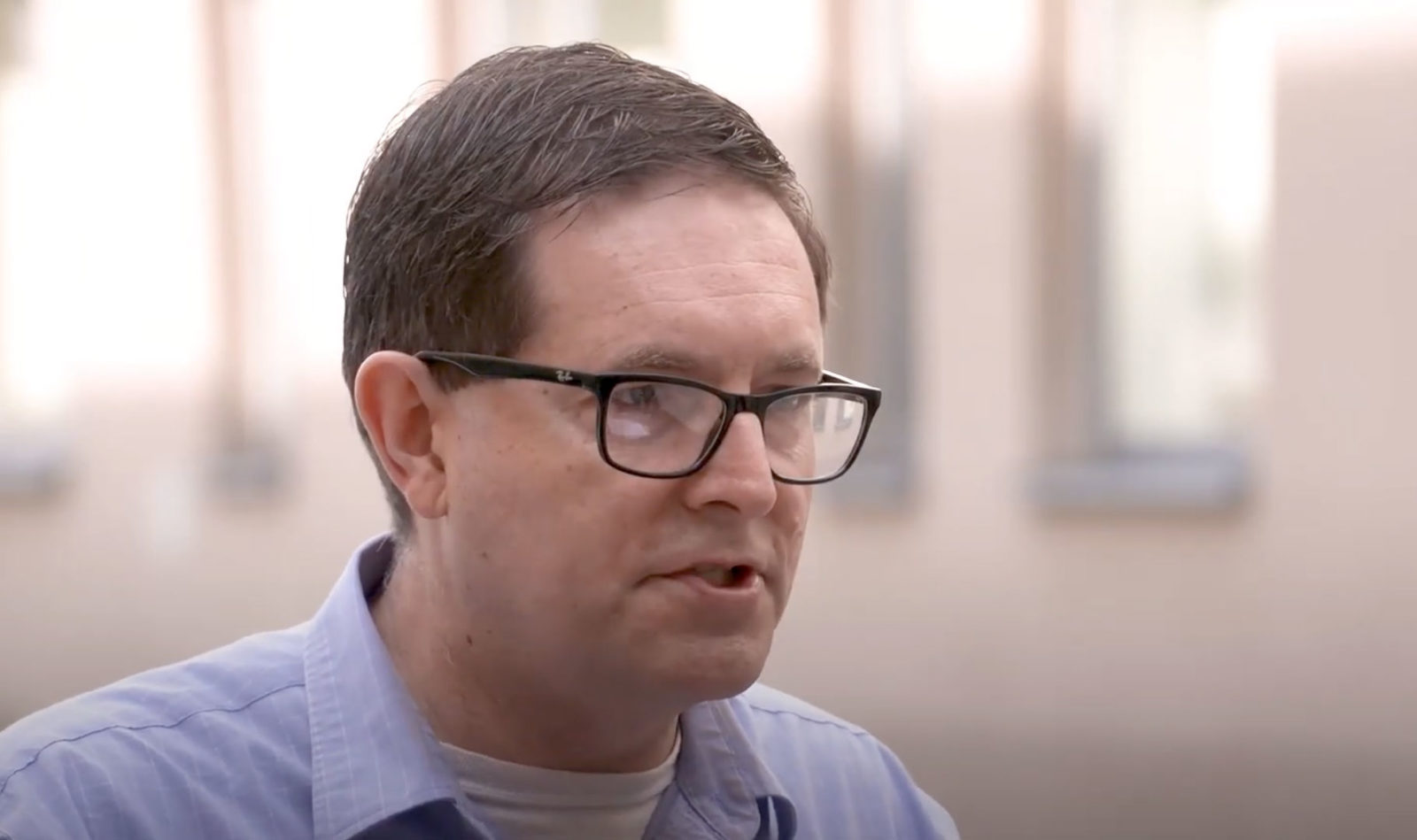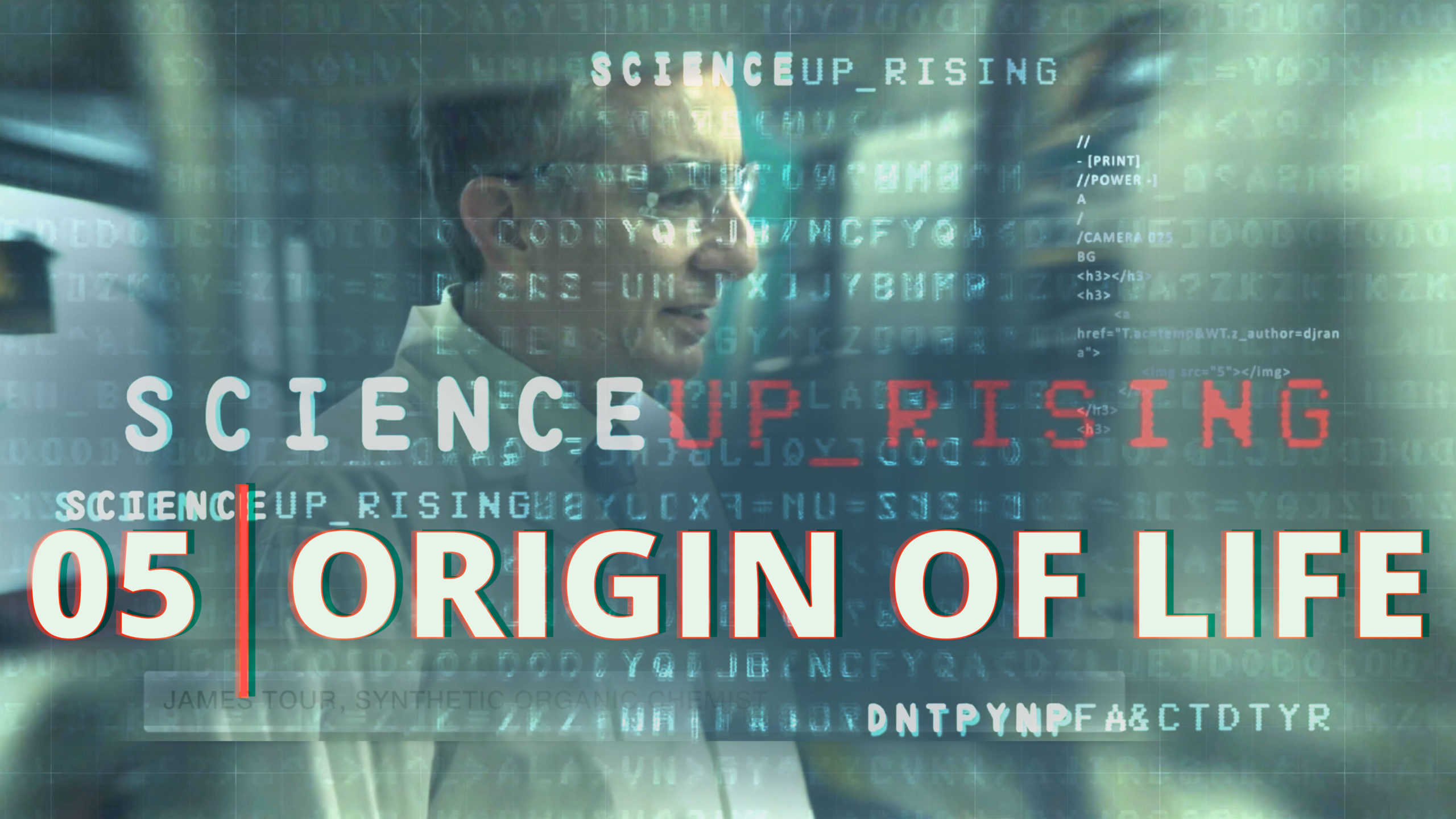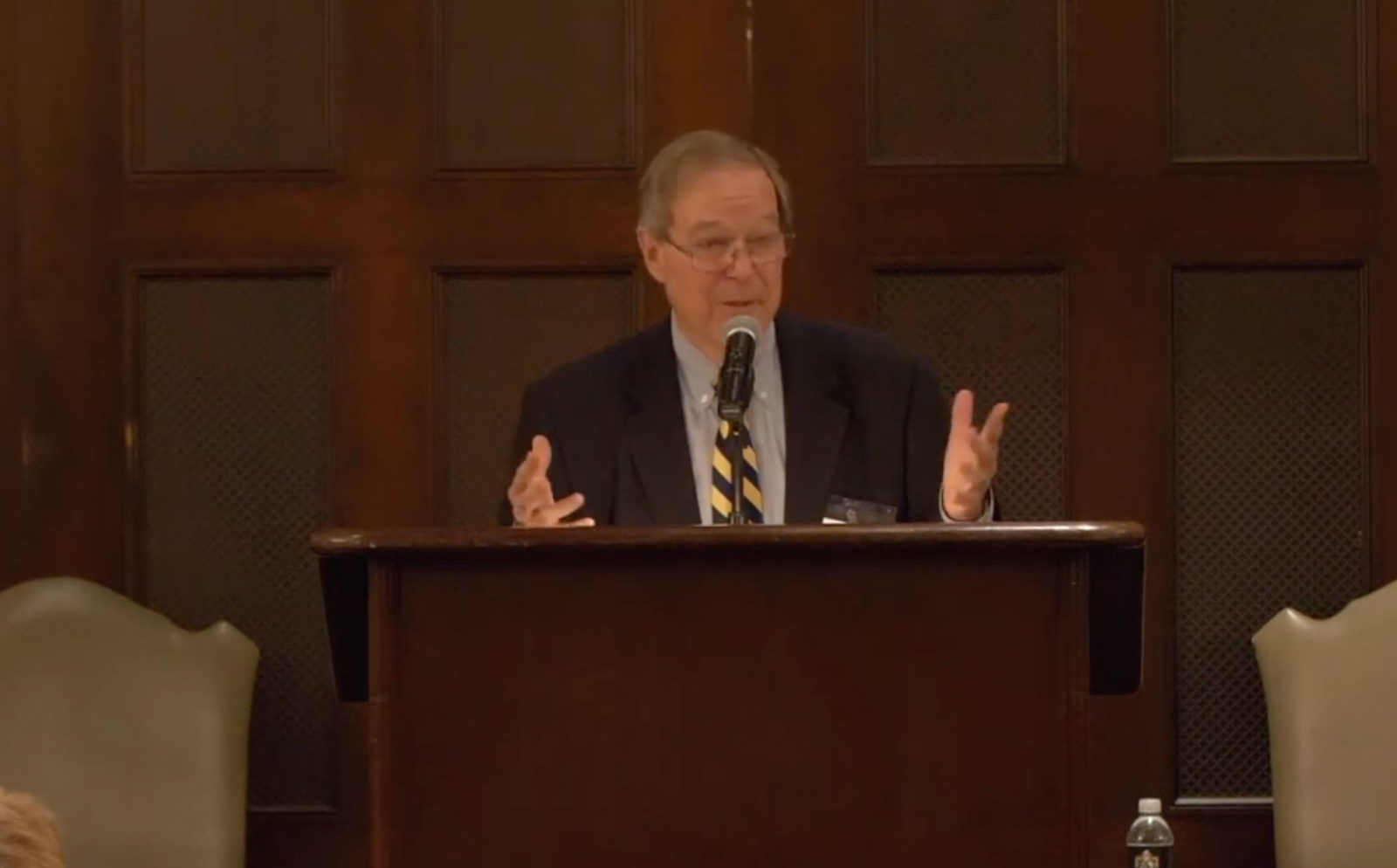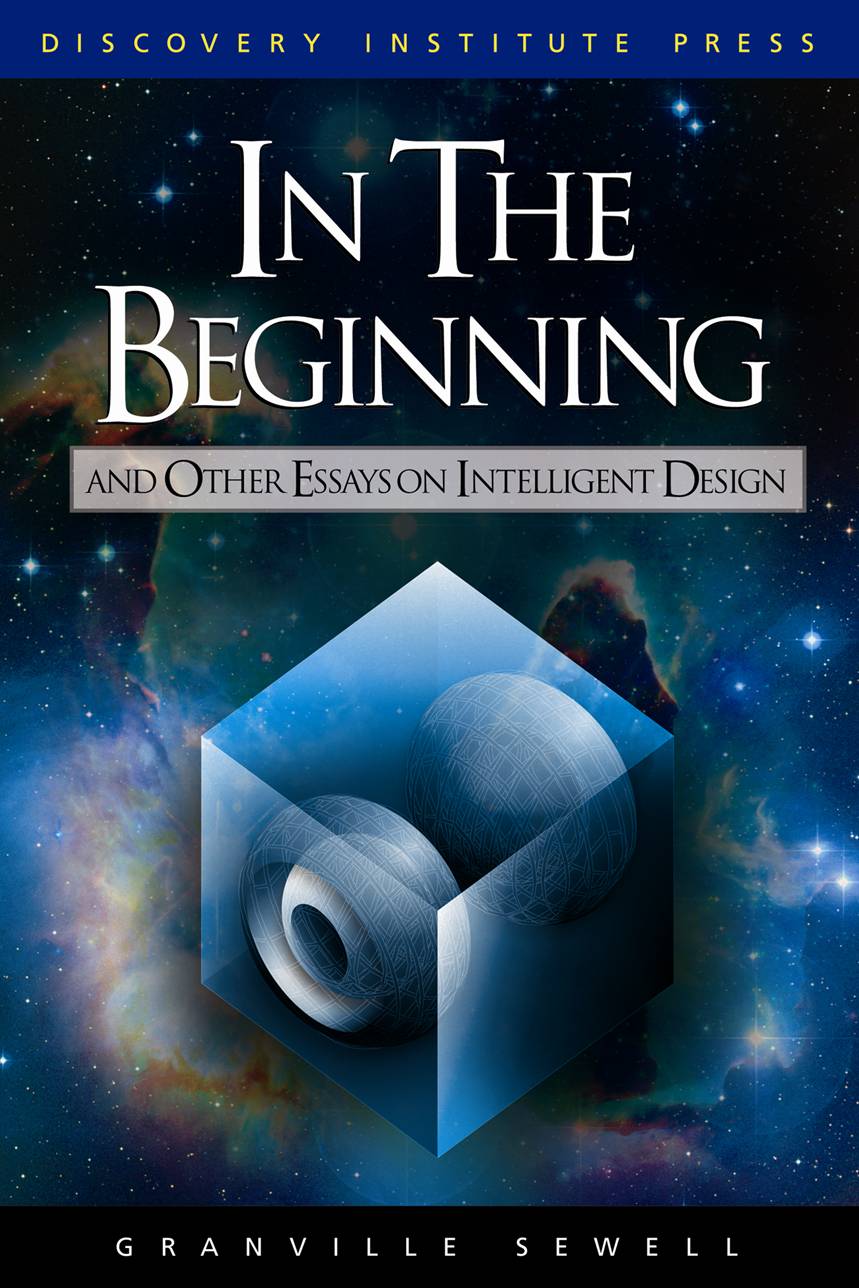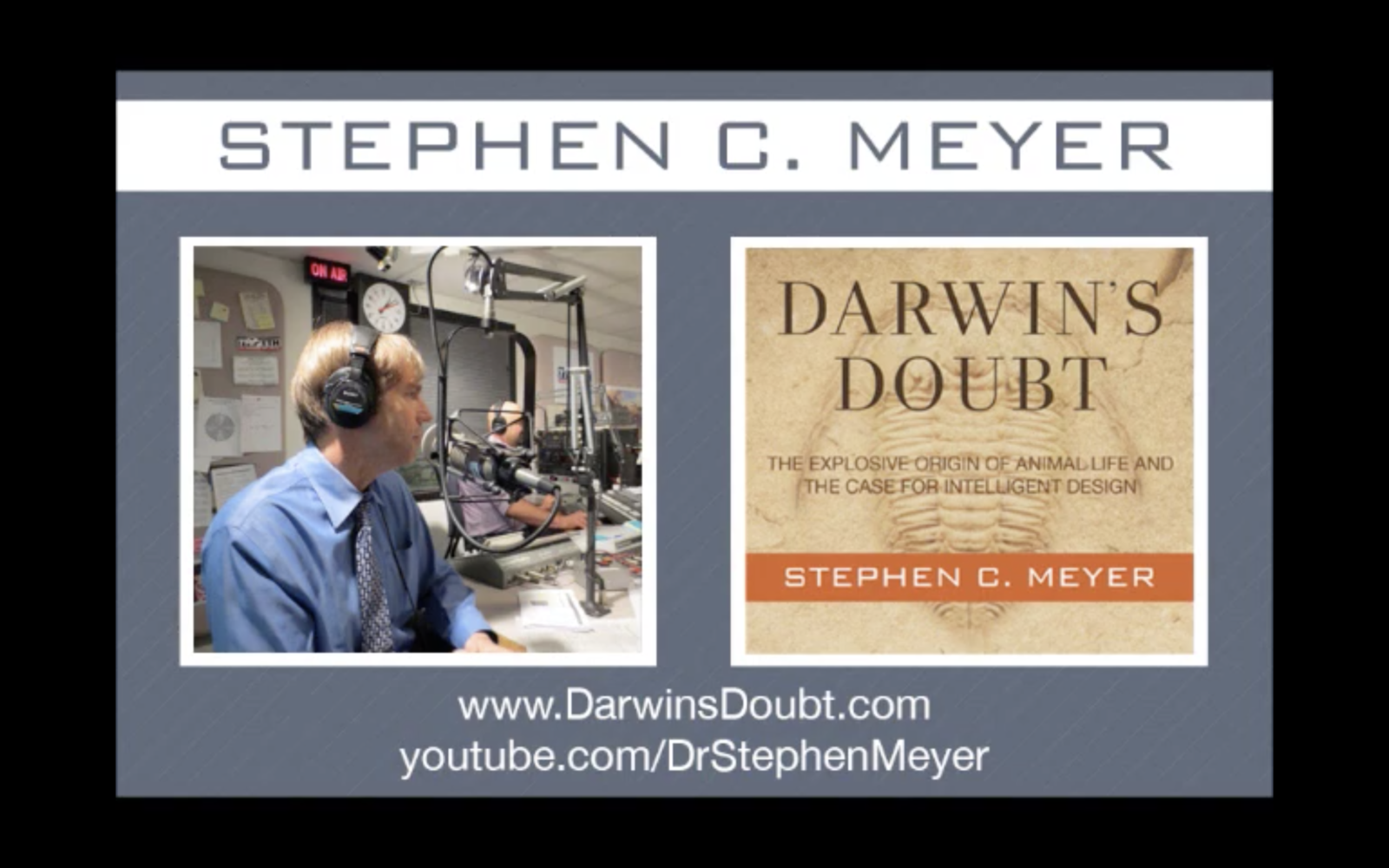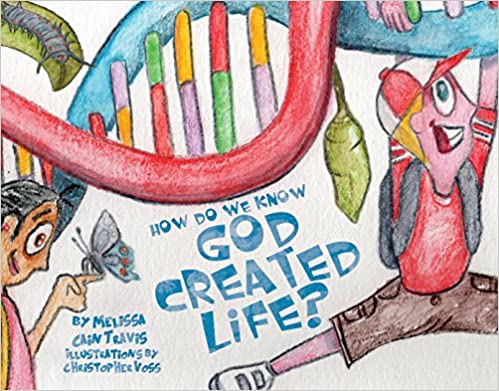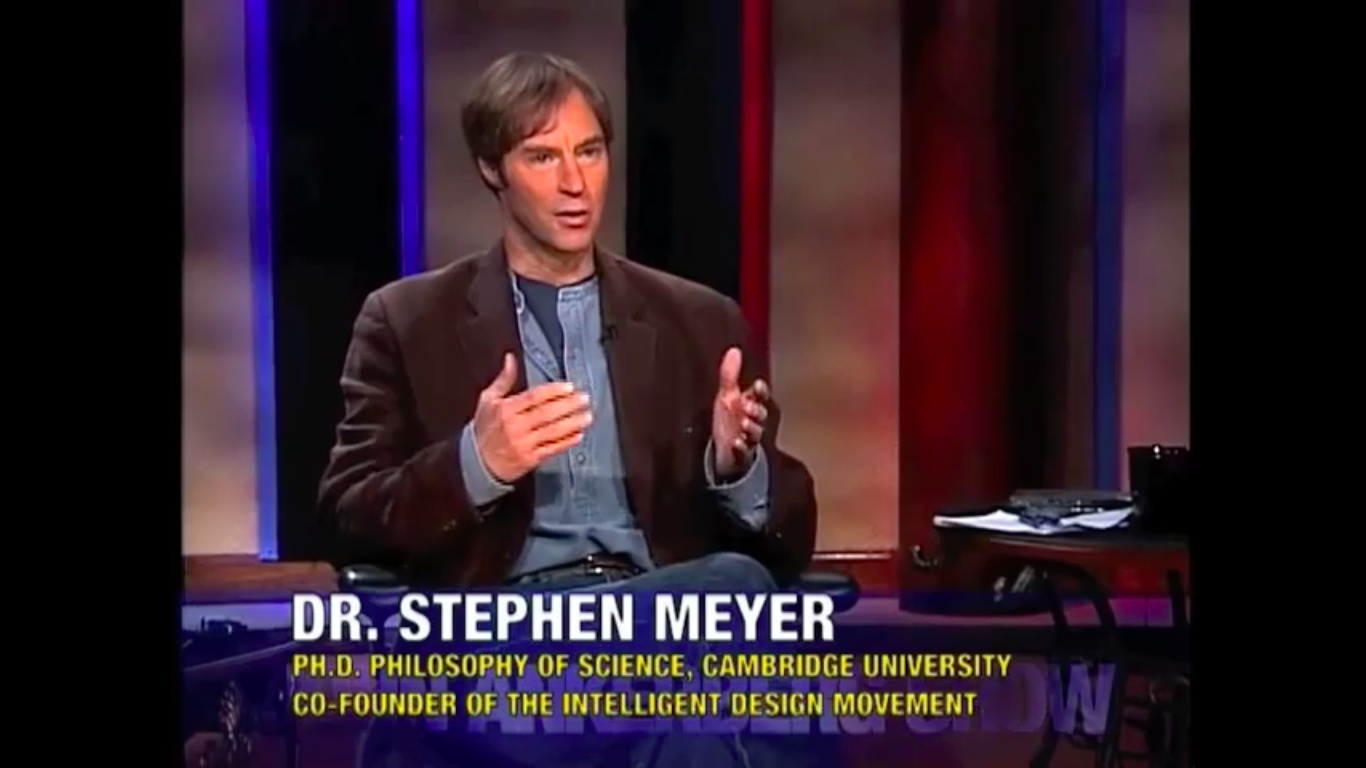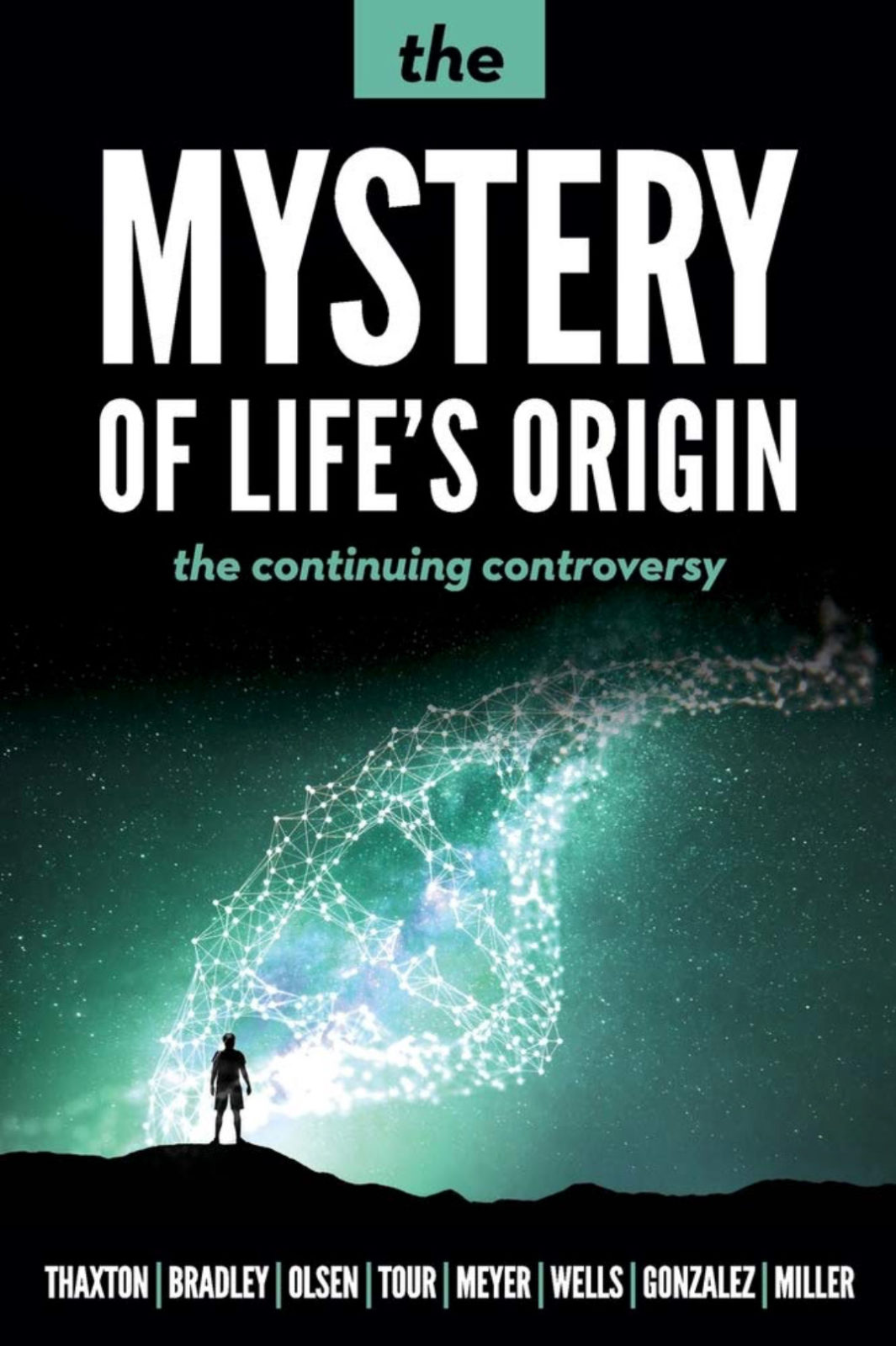
The Mystery of Life’s Origin
The origin of life from non-life remains one of the most enduring mysteries of modern science. The Mystery of Life’s Origin: The Continuing Controversy investigates how close scientists are to solving that mystery and explores what we are learning about the origin of life from current research in chemistry, physics, astrobiology, biochemistry, and more. The book includes an updated version of the Read More ›
